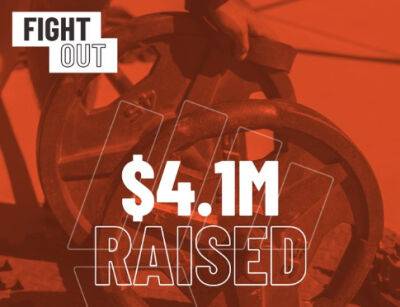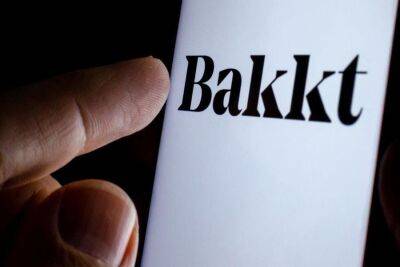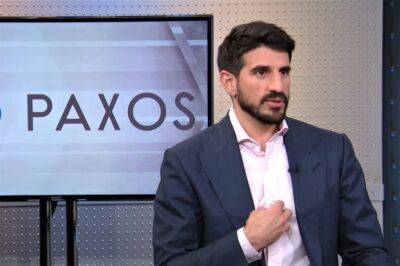Are we still mad at MetaMask and ConsenSys for snooping on us?
The cryptocurrency community has a tendency to fixate on a new issue every few weeks and then promptly forget about it. The limited attention span of this community misses the ultimate resolution of important issues. Over the Thanksgiving holiday in November 2022, ConsenSys released a disclosure about a privacy policy affecting MetaMask users that sent “Crypto Twitter” into a firestorm. My first reaction was also negative.
That’s what a sly fox would say isn’t it? pic.twitter.com/PfKMTiNHoR
The MetaMask browser extension wallet uses a node called Infura. That node is owned by ConsenSys, the same company that develops MetaMask. The press release reminded users that Infura collects the internet protocol (IP) addresses and wallet addresses of users who connect their MetaMask wallet to Infura. It also reminded them that MetaMask users don’t have to use Infura, which is only a default, and that MetaMask allows connection to other public node providers such as Alchemy or Ankr.
When you send or receive crypto, your wallet interacts with the blockchain. But wallets don’t download the blockchain; that’s too cumbersome for a wallet on your phone. Instead, when your crypto wallet sends a transaction, most wallets use a public node to request that new transactions be added to the blockchain via the mempool.
Related: ‘Tracers in the Dark’ presents a fun crime story — and lesson in privacy
(You could set up your own node. In fact, for better privacy and speed, you probably should. More private nodes also mean a more decentralized network. But I’ve tried and I don’t have sufficient technical skills to do so. Maybe you will have better luck.)
Now, let’s remember that blockchains like Ethereum aren’t private. If you want privacy, you need to
Read more on cointelegraph.com



![Could Binance USD [BUSD] be the next SEC casualty as regulator digs deep into… - ambcrypto.com](https://gocryptonft.com/storage/thumbs_400/img/2023/2/13/88472_oovgz.jpg)














